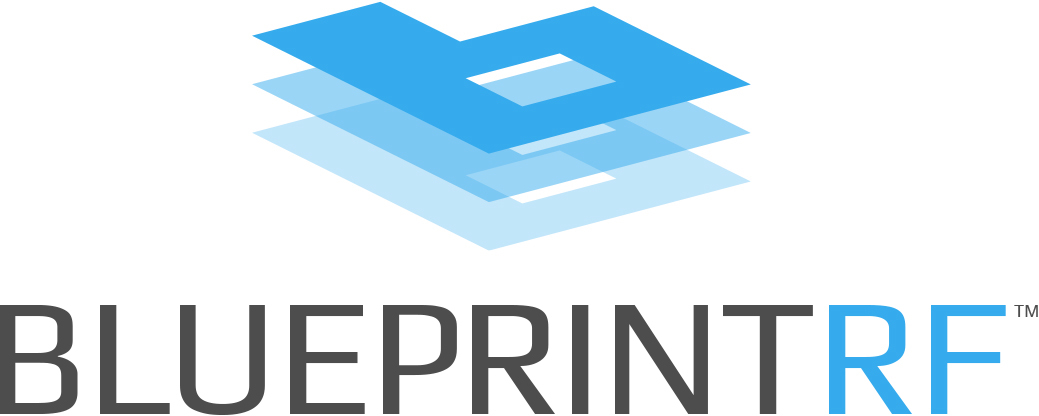Anyone who’s spent time working in hospitality over the last several years knows that the role of technology in hotels has drastically expanded. Hotel technology trends continue to drive efficiency on many fronts as well as provide better service for guests. From streamlined check-in and service automation to enhance connectivity and smart technology integration, many emerging trends are changing the future of the hospitality industry.
Mobile Check-in and Digital Room Keys
Undeniably, mobile services are a future hotel technology trend proven by many big players in hospitality. Marriott and MGM Resorts are just a couple of hotel brands that give guests the option of using digital keys via smartphone.
Digital keys are popular in areas like Silicon Valley and New York City, but only about 10 percent of all hotel guests use them. As more and more guests catch on to the convenience of mobile check-in services, hoteliers can expect this trend to become a standard expectation in the years to come.
Mobile check-in service can speed up the arrival process and allow guests to get to their rooms faster. And because plastic hotel keys with magnetic stripes are vulnerable to duplication, there are additional security benefits for hotels, too.
For many hotels adopting mobile check-in technology, the goal isn’t to have staff interact less with guests. Rather, the goal is to have staff focus on customer service.
Smart Hotel Rooms
Hotel rooms have become increasingly smarter with new and innovative technologies. In-room smart technology trends allow hotels to save money over time, attract more guests, and give guests more of what they want, all of which helps promote repeat bookings and customer loyalty.
Consider adopting the latest smart room technology into your guest experience as you revamp your hotel strategy for the future ahead. Some of these technologies include:
- Room Service Apps & Wine-On-Demand
- HD Voice Controlled & Touch Screen Thermostats
- App-less Hotel Staff Video Chat
- Interactive Smart TVs & In-Room Tablets
- Smart Energy Management Systems & Air Filtration Systems
- Location-Based Recommendations
There are many opportunities to turn a convention hotel room into a smart room, from faster and more efficient guest services to voice-controlled entertainment. For more insights, see our related post on digital technology trends in hospitality.
Better WiFi & Increased Internet Bandwidth
People travel with more devices than ever before, averaging between 2 and 3 devices per person. They’re using these devices to search the web, navigate their journey, browse social media, stream media, play games, and attend video conferences during their stay.
For that reason, guests require high-speed Internet and a seamless WiFi connection at hotels. Connectivity is a growing factor of consideration when making reservations, especially for business travelers who work remotely.
To adapt to this trend, hotels should be well equipped to deliver as much bandwidth as possible since higher-quality media, live streaming, and video conferencing require more bandwidth to operate smoothly. As more and more people are working remotely or away from the office, it’s especially critical for hotels to provide high-performing WiFi service.
Technology Lounges
Frequently labeled as hotel business centers or Internet cafes, to the extreme, technology lounges are places where guests can escape their rooms but still have access to WiFi to get work done. The use cases for work-related technology and Internet connectivity in hospitality are growing every year. Savvy hotels transform these guest desires into stylish, semi-public spaces where guests can access the Internet on their terms.
Working remotely has become commonplace for many professionals and is forecasted to become more than just a fleeting trend. Many guests even include these kinds of amenities in their online search criteria for the right hotel. Hospitality businesses that lack technology lounges and business centers may eventually find themselves at a disadvantage.
Social Listening Tools
In simple terms, the act of connecting and interacting with guests online is defined as social listening. In hospitality, where online reviews and word-of-mouth have a tremendous influence on bookings and reputation management, more and more hotels have started investing in social listening tools and best practices.
Social listening enables hotels to learn more about guests’ needs, wants, desires, complaints, and more. This could be as simple as 1-on-1 conversations in Facebook Messenger or actively responding to negative comments or bad reviews. In essence, there are some real, revenue-impacting situations involving social listening in the hotel industry, and it shouldn’t be overlooked.
Today, the objective of hotels should be to engage their audience, whether to create more booking opportunities, serve existing customers, or bolster brand reputation. Social listening is a powerful catalyst for that engagement.









